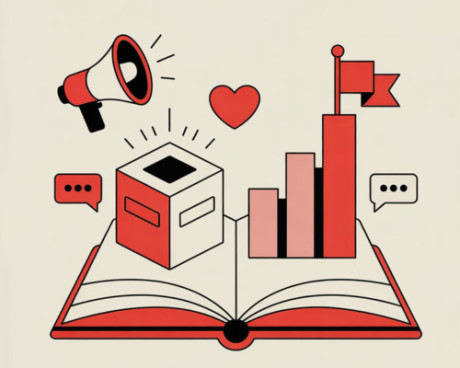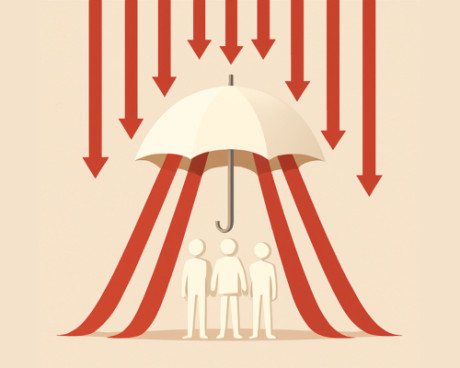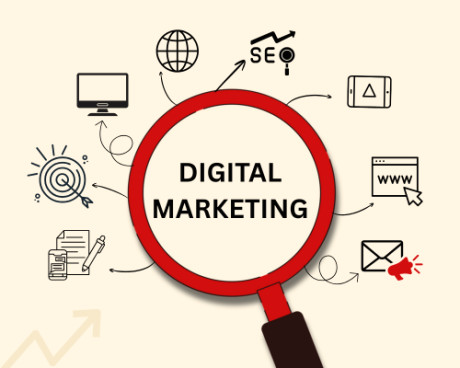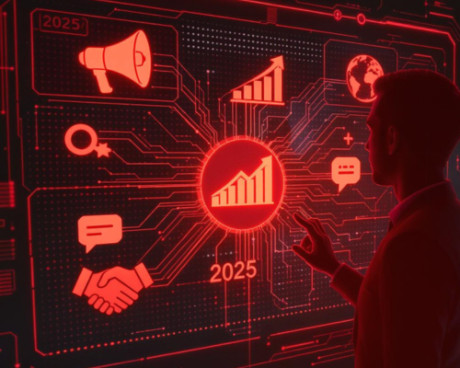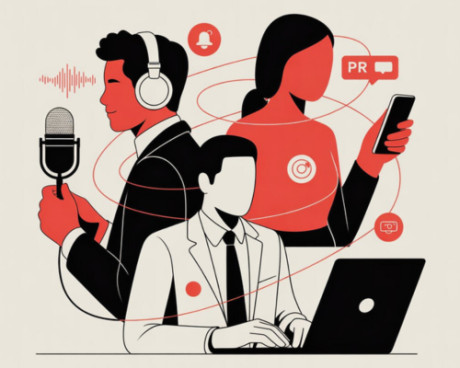
The Psychology of PR: Understanding Consumer Behavior
Success in the rapidly evolving fields of marketing and Public Relations (PR) depends critically on having a solid grasp of customer behaviour. PR tactics explore the complex inner workings of the human mind rather than just marketing goods or services. Understanding the psychology underlying customer behaviour allows PR specialists to create powerful narratives, establish solid brand relationships, and sway purchasing decisions.
Establishing Emotional Bonds
A brand's ability to emotionally connect with its target audience is essential for effective PR initiatives. Emotions have a significant impact on consumer behaviour, frequently influencing decisions to buy more than reason alone. PR professionals can craft tales that appeal to consumers' needs, goals, and ideals by reaching into their emotional psyche. Emotional connections, whether through relatable experiences, sympathetic messaging, or storytelling, create enduring ties between brands and their customers.
Customers can develop a close relationship and sense of loyalty with a company through emotional branding. Brands frequently appeal to their target audience by evoking particular feelings like happiness, nostalgia, or even a sense of empowerment. Brands may establish a deep connection with customers that extends beyond the actual product or service by including these emotional triggers into their PR strategies.
Making Use of Social Proof
One of the most effective tools in PR campaigns is the psychology of social proof. It is common for consumers to seek social validation and acceptance prior to making purchases. Taking advantage of this occurrence, PR campaigns frequently incorporate user-generated content, testimonials, and endorsements from prominent people to build credibility and trust. Brands can create a perception of trust and dependability by emphasising positive customer experiences and reviews. This can sway consumer behaviour in favour of the promoted good or service.
Customers experience FOMO (Fear of Missing Out) as a result of social proof, which also serves to authenticate a product's quality. PR experts can create a feeling of urgency and desirability by emphasising a product or service's popularity through social media trends, reviews, or celebrity endorsements. This will help customers make well-informed and advantageous purchasing decisions.
Making Use of the
Reciprocal Power
PR campaigns heavily rely on reciprocity, a social psychology foundational premise. Through providing consumers with exclusive insights, personalised experiences, or valuable content, marketers can elicit a sense of obligation and reciprocity. This psychological tactic promotes a favourable brand image and motivates customers to give back by being brand loyal, involved, and advocates. PR specialists take use of this idea to build enduring connections and encourage a feeling of community among customers.
Using Behavioural
Nudges in Practise
Behavioural nudges, which are inconspicuous indications or urges that promote particular behaviours, are fundamental to successful public relations tactics. PR campaigns use strategies like urgency, scarcity, and framing to influence customer decision-making without directly influencing preferences. PR experts may influence customer behaviour towards desired results by deliberately employing behavioural nudges. This creates a sense of urgency and importance that eventually boosts engagement and conversions.
In the ever-changing field of public relations, creating effective PR campaigns requires a solid understanding of the psychology of customer behaviour. PR specialists may effectively influence consumer perceptions and behaviours by identifying cognitive biases, exploiting social proof, leveraging emotional ties, utilising the power of reciprocity, and implementing behavioural nudges. In today's cutthroat market, brands may create lasting relationships, encourage brand loyalty, and propel sustainable business growth by recognising the complex interactions between human psychology and PR techniques.
By applying psychological analysis to the complex intricacies of consumer behaviour, public relations specialists may develop memorable campaigns that resonate with and impact the target audience. PR professionals may create deeper, more meaningful relationships between brands and consumers by understanding the psychological elements at work. This will encourage brand loyalty and advocacy in a market that is constantly changing.
Most Popular Blogs
Newsletter
Categories
Related Articles

How PR is Transforming with the Emergence of Reels and Social Media
15 December 2025 / Admin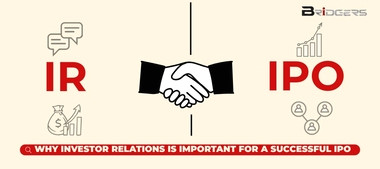
5 Reasons Why Investor Relations is Important for a Successful IPO
22 September 2025 / Admin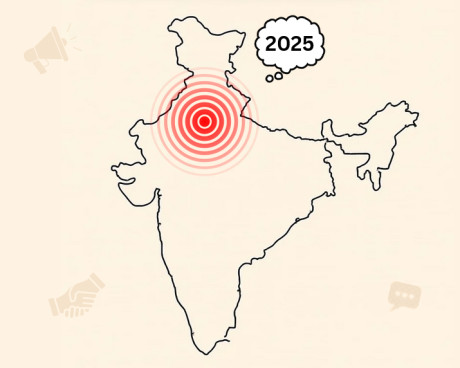
Transformative Impact: Role of PR agencies in Delhi in reshaping India’s PR landscape in 2025
01 February 2025 / Admin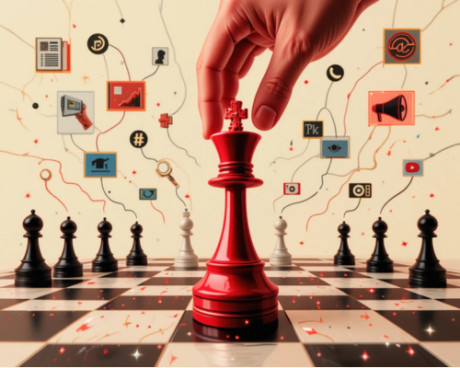
Revolutionize Your PR: Strategic Campaigns that Drive Success
19 December 2024 / Admin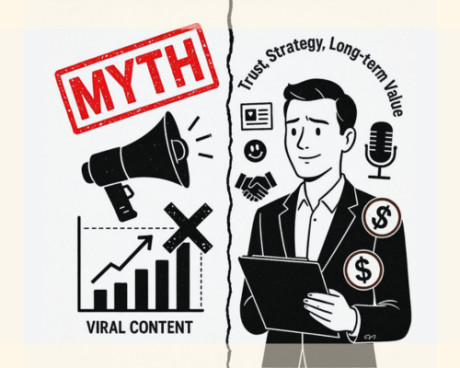
Busting Myths: PR is not a sales machinery nor a tool to make you viral
08 August 2024 / Admin
Why startups should avoid influence of AI in their PR efforts
16 July 2024 / Admin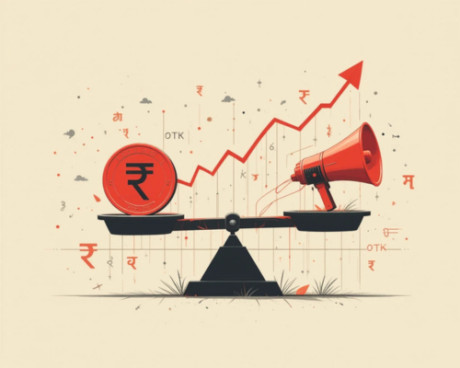
How Indian startups can maximise the ROI of their PR budgets
02 July 2024 / Admin